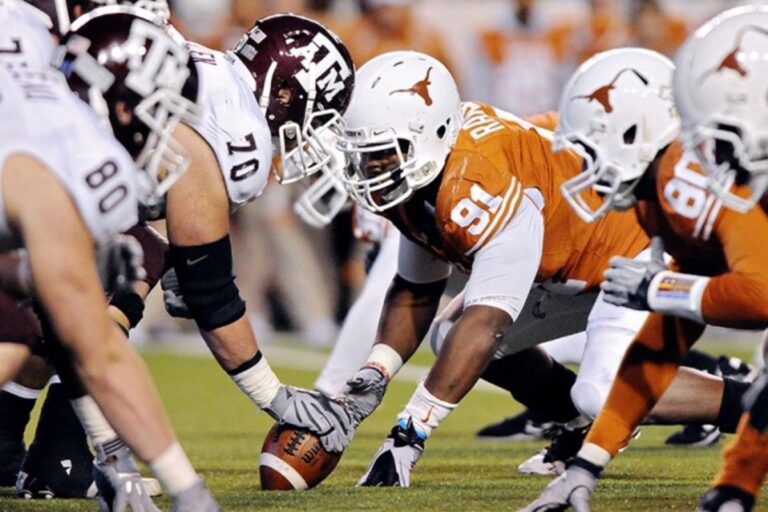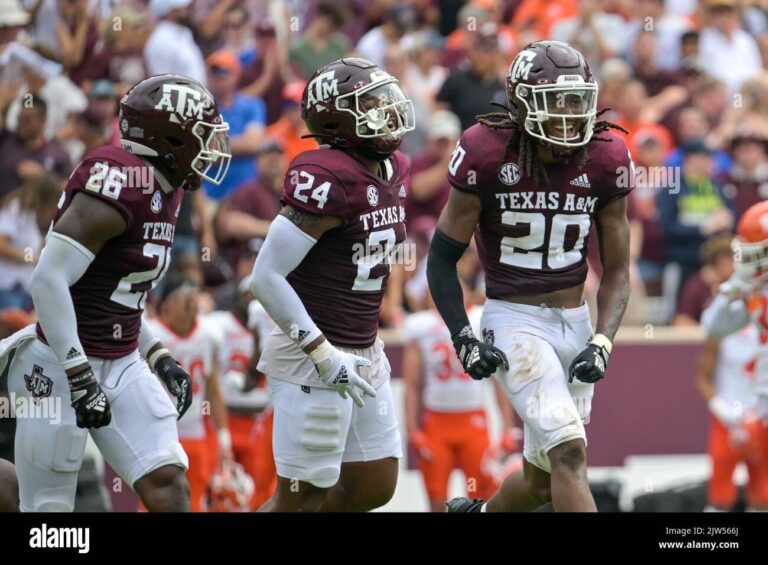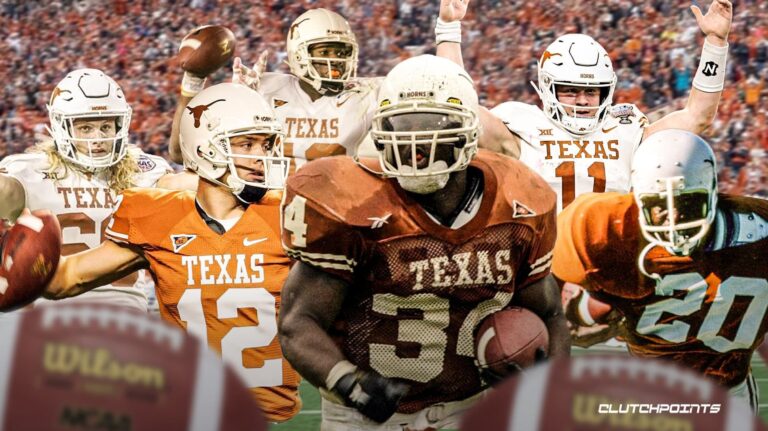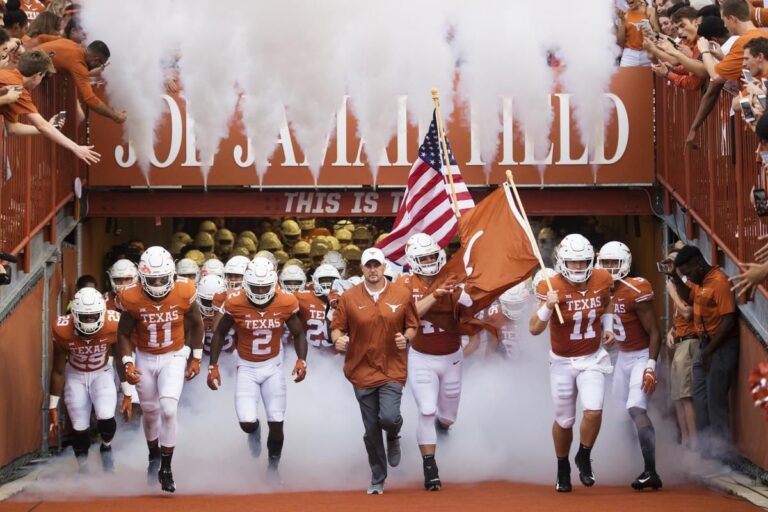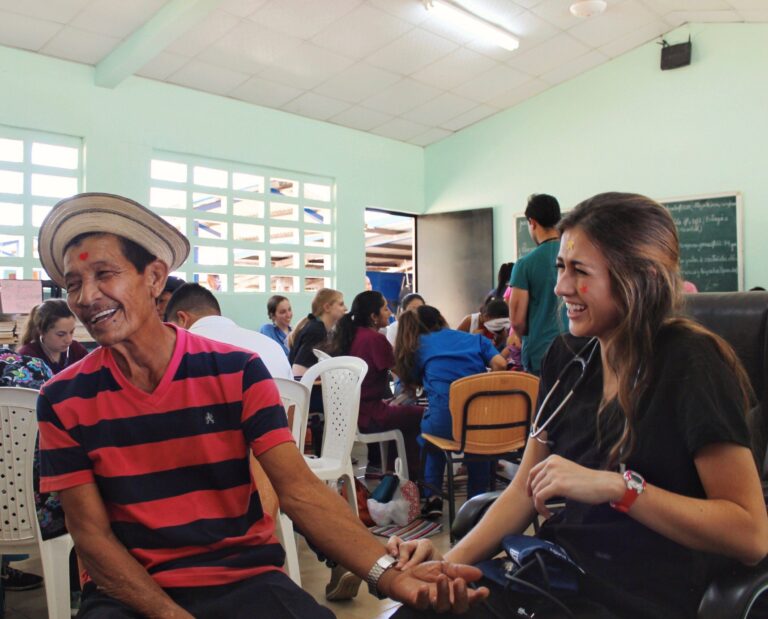The Economic Impact of Major Sports Events on Texas’s Cities
Texas, a state deeply intertwined with a passion for sports, has become a hotspot for hosting some of the nation’s largest and most prestigious sports events, such as the NFL Super Bowl, Formula 1 races, NCAA tournaments, NBA playoffs, and NASCAR competitions. The economic impact of these events on Texas’s cities is profound, bringing in significant revenue through tourism, creating thousands of jobs, boosting local businesses, and often leaving behind lasting infrastructure improvements. This article provides an in-depth look at how major sports events financially benefit Texas cities, exploring aspects like tourism influx, job creation, increased business revenue, infrastructure upgrades, enhanced global visibility, and the long-term legacy these events create for communities across Texas.
1. Tourism: Boosting Visitor Numbers and Revenue
Massive Influx of Tourists
Major sports events draw spectators from across the country and around the world to Texas’s cities. Each event generates a large influx of visitors who spend on hotels, dining, shopping, and local attractions. Events such as the Formula 1 United States Grand Prix in Austin, the NFL’s annual playoff games in Houston or Dallas, and the NCAA Final Four in San Antonio attract international and out-of-state fans, contributing millions of dollars in economic impact. These visitors contribute not only to city revenue but also to state tax revenue, helping support public services and programs.

Hotel Occupancy Rates and Surge Pricing
During major sports events, hotels in Texas’s cities often reach maximum occupancy. Rates increase significantly as demand surges, benefiting the hospitality industry. The Super Bowl, for instance, can cause room rates to double or even triple, creating a substantial revenue boost for the city’s hotels. Additionally, short-term rental services like Airbnb thrive during these events, as locals make their homes available to visitors. This increased demand provides income to property owners while contributing tax revenue directly to the city.
Local Attractions and Extended Tourism
Sports events provide opportunities for cities to showcase their unique attractions, culture, and entertainment, often encouraging visitors to extend their stay beyond the event. In Austin, for example, Formula 1 fans often take the opportunity to explore the city’s renowned music and arts scenes, while Dallas offers the Dallas Arts District, historic sites, and culinary experiences that enhance visitors’ overall Texas experience. As a result, major events act as a catalyst for extended tourism, further increasing revenue from local attractions and services.
2. Job Creation and Employment Opportunities
Event-Driven Job Creation
Sports events create extensive employment opportunities, both directly and indirectly. Direct jobs include roles in event management, venue staff, security, and catering, while indirect jobs support retail, transportation, and tourism sectors. For instance, hosting an NFL playoff game, an NBA All-Star game, or a NASCAR race can create thousands of temporary positions, ranging from ticket sales to hospitality roles, ensuring income for local residents during the event season.
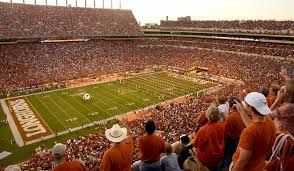
Seasonal and Long-Term Employment Benefits
While some jobs are temporary, Texas’s year-round sports events mean a consistent need for part-time and seasonal workers. Cities like Dallas, Houston, and Austin host multiple sports events annually, creating sustained employment opportunities. Further, some events lead to long-term employment as venues, such as the AT&T Stadium in Arlington or the Toyota Center in Houston, require permanent staff for maintenance, marketing, and venue management. This continuity strengthens the local job market and provides stable income for many residents.
Skills Development and Networking
Major sports events also contribute to the development of specialized skills and networking opportunities within the job market. Workers involved in these events gain experience in areas like logistics, security, and hospitality that can open doors to future job opportunities in event management or the sports industry. Furthermore, Texas’s hosting of prestigious events attracts professionals from across the country, creating a networking environment that benefits both locals and out-of-town workers.
3. Economic Benefits for Local Businesses
Increased Business for Restaurants, Bars, and Retail Stores
Local businesses see a substantial boost in revenue as sports fans spend on dining, shopping, and entertainment around the events. Restaurants, cafes, and bars near event venues experience a surge in traffic, with fans celebrating wins or discussing the day’s events. For example, during the NBA playoffs or a large-scale event like the NCAA tournament, businesses in Houston, Dallas, and San Antonio report increased sales as fans look for places to eat, drink, and gather. Additionally, merchandise stores selling team apparel, memorabilia, and sports gear see high sales volumes, contributing significantly to local retail revenue.
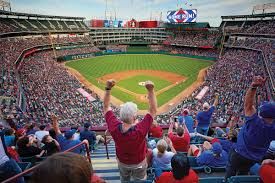
Temporary and Seasonal Pop-Up Shops
To meet the demand generated by major events, cities often see an increase in temporary shops, food trucks, and pop-up vendors. These businesses provide fans with quick dining options and merchandise near the venues, while local artisans can offer unique, Texas-themed goods. Such pop-ups, whether selling BBQ, local craft beers, or team-related merchandise, add another revenue stream to the city’s economy and allow smaller businesses to benefit from the event’s high traffic.
Corporate Sponsorships and Partnerships
Large events attract sponsorships from local businesses and major brands alike. Companies sponsor everything from game-day programs to halftime shows, giving them visibility among thousands of attendees and millions of TV viewers. These sponsorships provide crucial financial support to events while enhancing brand recognition for sponsors. The exposure from these partnerships can lead to long-term benefits for local companies, as event attendees and viewers become aware of their brands, potentially driving sales after the event.
4. Infrastructure Development and Urban Improvement
Facility Upgrades and Urban Renewal
To prepare for high-profile events, Texas cities often invest in updating facilities and enhancing public infrastructure. Stadium renovations, improved parking facilities, and enhanced public transit options are common investments that benefit both event attendees and city residents. For example, ahead of a Super Bowl or NCAA Final Four, cities may upgrade their arenas and surrounding areas, improving the urban landscape and making the city more attractive for future events.
Long-Lasting Sports Venues and Event Spaces
Investments in sports venues create lasting economic benefits, as these spaces can host multiple events each year. Texas cities have built world-renowned facilities, like AT&T Stadium, Circuit of the Americas, and the Texas Motor Speedway, which continue to attract sports events, concerts, conventions, and festivals long after the original investment. These venues drive continuous tourism and job creation, providing a steady revenue stream that supports the city’s economy.
5. Global Visibility and Long-Term Tourism Growth
Enhanced Media Exposure and City Branding
Hosting major sports events brings national and global media attention to Texas’s cities. Events like the Super Bowl, Formula 1 Grand Prix, and NCAA tournaments attract millions of viewers worldwide, showcasing Texas cities as vibrant destinations. This exposure positions Texas as a prime location for sports tourism, enhancing its brand as a state of diverse attractions, cutting-edge facilities, and a welcoming atmosphere. This reputation strengthens Texas’s appeal to tourists, encouraging future visitors.
Long-Term Tourism Legacy and Repeat Visitors
Many first-time visitors to Texas, drawn by major sports events, find themselves charmed by the state’s unique attractions, culture, and hospitality. Positive experiences lead to repeat visits as these visitors return to explore the cities beyond the sports venues. For instance, Austin’s live music scene, San Antonio’s River Walk, and Dallas’s arts and shopping districts leave lasting impressions on visitors who return for vacations or other events, contributing to the state’s long-term tourism growth.
6. Economic Impact of Major Sports Events: Case Studies from Texas Cities
Super Bowl in Houston and Dallas
When Houston hosted the Super Bowl, the city experienced an economic impact of hundreds of millions of dollars. Hotel occupancy soared, restaurants were packed, and local businesses saw unprecedented foot traffic. Similarly, Dallas’s hosting of the Super Bowl brought millions in revenue, leading to additional job creation and local spending. Both cities also invested in long-term improvements to accommodate the influx of visitors, creating benefits that extended well beyond the event.
Formula 1 in Austin
The annual Formula 1 United States Grand Prix at Circuit of the Americas in Austin generates substantial revenue each year, drawing international audiences who spend on accommodations, dining, and tourism. The event’s impact on Austin is particularly notable because it boosts the city’s profile internationally, positioning Austin as a cultural and sports destination. As a result, Austin has experienced long-term tourism growth, with repeat visitors returning to enjoy the city’s music, dining, and art scenes.
7. Conclusion: Building a Prosperous Future Through Sports Events in Texas
Major sports events play a crucial role in driving Texas’s economic growth, benefiting cities through tourism revenue, job creation, business opportunities, and lasting infrastructure improvements. Events like the Super Bowl, Formula 1 Grand Prix, and NCAA tournaments have transformed Texas cities into vibrant hubs for sports tourism, creating a legacy of economic prosperity. The impact extends beyond the immediate financial boost, as Texas cities enjoy enhanced global visibility, long-term tourism benefits, and a strengthened local economy. Texas continues to build on its reputation as a prime destination for sports, welcoming fans from all over the world to experience the state’s unique blend of sportsmanship, culture, and southern hospitality.

